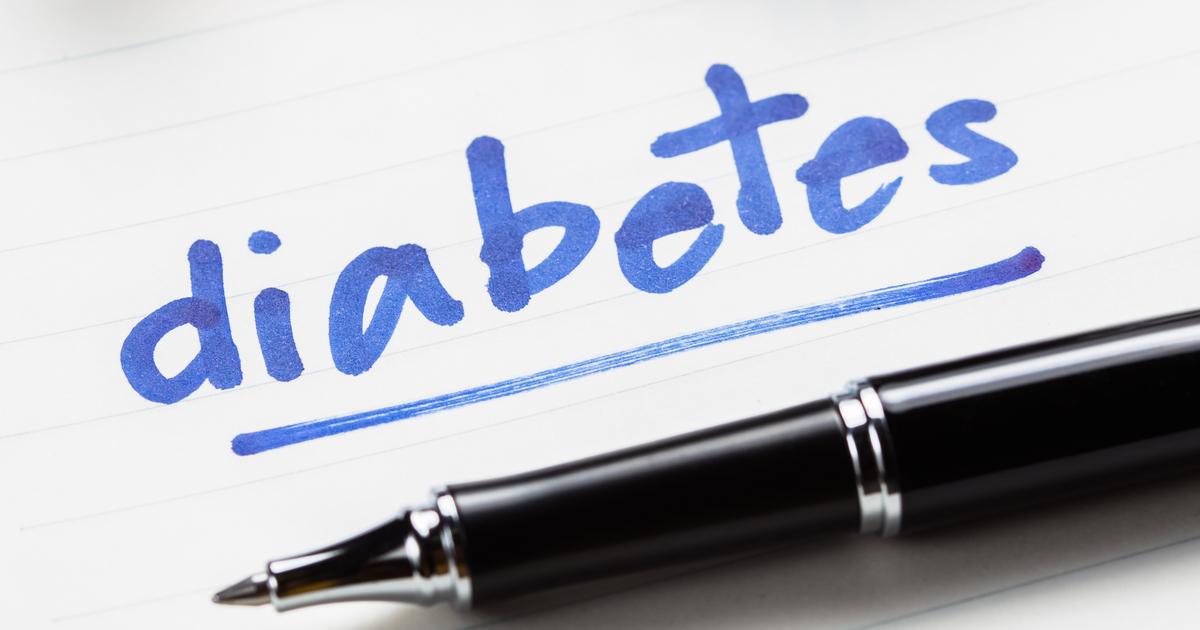What Causes Dry Eyes?
Diabetes

Diabetes is a chronic illness that occurs when the body doesn't have sufficient insulin to turn blood sugar into usable energy. High blood sugar can lead to serious damage and even death. Type 1 diabetes occurs when the body is unable to produce insulin. Type 2 diabetes occurs when the body doesn't produce enough insulin. In some cases, type 2 diabetes can be reversed.
Decreased tear production is just one of the eye issues diabetes patients can face. A condition called diabetic retinopathy is one of the most common causes of blindness in adults in the United States. With diabetic retinopathy, the blood vessels inside the retina become damaged. Individuals with diabetes are also more prone to cataracts and glaucoma. Because of the number of eye issues diabetes patients face, they should get a full eye exam each year.
Certain Medications

Several medications can cause a decrease in tear production. If an individual recently started a new medication and notices their eyes are dry, it might be a side effect. If the symptoms aren't severe, individuals should be able to treat them with over-the-counter eye drops. For individuals who have symptoms that aren't relieved by these eye drops, they might want to talk to a doctor about lowering their medication dosage or switching to a different drug. The most common medications that cause dry eye include antidepressants, hormone replacement therapy, decongestants, and antihistamines.
Individuals might also experience dry eye as a side effect of medications that treat Parkinson's disease, acne, high blood pressure, or birth control. Diuretics, which cause the body to expel fluid, are often prescribed for high blood pressure. While this helps relax the blood vessels, it can also lead to less tear production. Antihistamines reduce the production of tears and mucus specifically to relieve allergy symptoms like runny noses and watery eyes.
